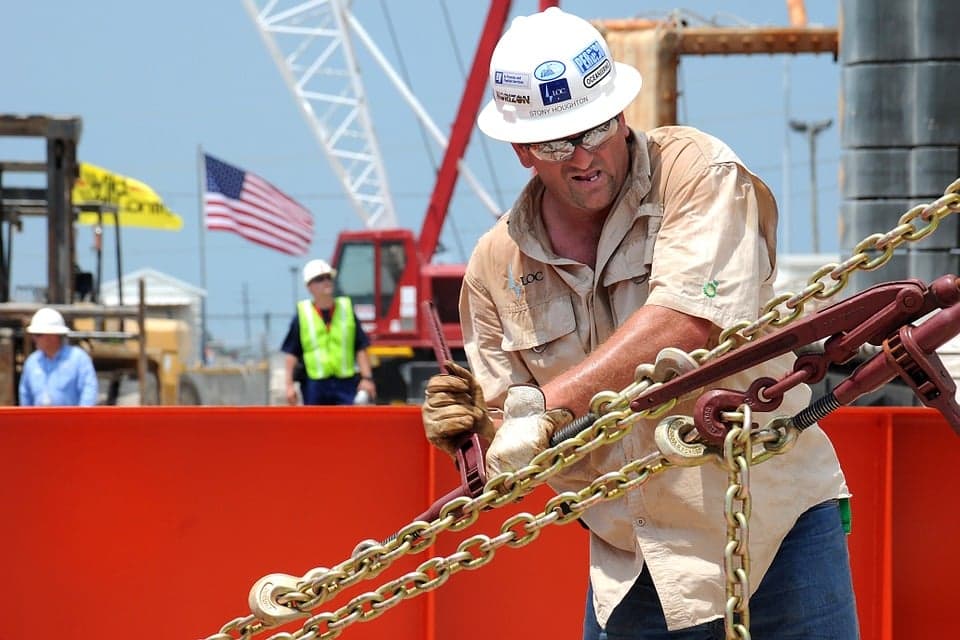“We are all talking about how do we repurpose our workforce to optimize what we have available with digital technology.” – Cindy Taylor, President & CEO, Oil States International
While conservatives love to point out that an increase in the minimum wage for low-skill jobs has led to increased automation of those industries, there’s another industry that is moving toward automation: Oil and gas.
Gizmodo reports that “oil and gas companies are automating their workforces,” meaning fewer jobs for industry workers. In previous reporting, Gizmodo’s Brian Merchant detailed how Silicon Valley tech companies were helping to automate the oil and gas industry, which included the subtext “that there will be fewer workers employed by the sector as well.”
Gizmodo is not alone. Community Impact, a paper from Houston, TX, wrote that technology was reducing the need to hire humans, quoting Cindy Taylor, the president and CEO of Oil States International.
“There will be employment gains, but we can’t forget we are doing more with less,” Taylor said. “This is not an issue unique to energy by any means. We are all talking about how do we repurpose our workforce to optimize what we have available with digital technology.”
Still, CI reported that “full automation is still in the future.”
Wyoming Public Radio has also reported that oil and gas jobs are “still rare despite high production” and job and tax collection increases.
"That reflects the attitude now in the oil and gas industry is where they're really reluctant to hire people as they have to. They're relying more on automation than they have in the past," Jim Robinson, a principal economist for the Wyoming Economic Analysis Division, told the outlet.
In Canada, a media outlet known as the Conversation reported on the technological advancements that are “transforming” the country’s offshore oil and gas industry.
“As the entire offshore enterprise becomes digitalized, tools such as data analytics, artificial intelligence and cognitive computing will optimize the overall operations and personnel safety. Increasingly, more offshore activities will become automated, from drilling to production, maintenance and operations. Operating costs will decrease as more processes become digital and equipment use is optimized,” the outlet reported.
This, however, will lead to fewer jobs. The Conversation mentions a McKinsey study that claimed 60 percent to 90 percent “of routine manual tasks” may become automated.
The world’s population is growing, yet the need for manual labor is shrinking. Whether it’s the food service industry or the oil and gas industry, people will need to reckon with a future that has less of a need for actual humans.

